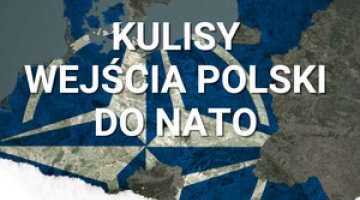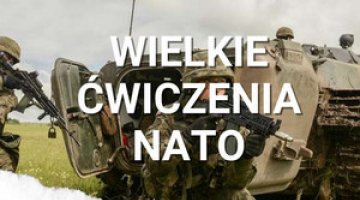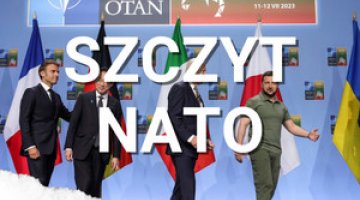Montenegro’s final stretch on the road to NATO
Author: Mateusz Seroka
On 19th May at a meeting in Brussels, the foreign ministers of NATO signed an Accession Protocol with Montenegro. Once all the allies have ratified the Protocol, Montenegro will be able to accede to the Washington Treaty. Montenegro’s armed forces have 2,100 soldiers and an officer corps which was trained in Yugoslavia (which was not part of the Warsaw Pact) and in NATO training centres (mainly in Germany and the US). Almost all their matériel comes from Yugoslavia or the West. Podgorica has been developing co-operation with NATO since 2006 when it became a member of the Partnership for Peace. Montenegrin troops are participating in the mission in Afghanistan and the EU’s Operation Atalanta. NATO’s decision was met with a negative reaction from representatives of the Russian Foreign Ministry and the Duma. Russia has threatened economic sanctions and is considering Montenegro as a potential target for attack. A section of the Montenegrin opposition – the New Serb Democracy (NOVA), the Democratic People’s Party (DNP) and the Socialist People’s Party of Montenegro (SNP) – are also opposed to Montenegro joining NATO. The combined support levels of these parties is below 18%.
Commentary
- Montenegro’s accession to NATO will be the apogee of the pro-Western policy of their Prime Minister Milo Djukanovic who has been in power since 1991. Co-operation with Russia, which is in deep economic crisis and in conflict with the West, appears to be less and less attractive for Montenegro. NATO membership will allow Djukanovic to legitimise his rule on the domestic scene, despite the violation of democratic standards. Furthermore, NATO membership will enable him to strengthen the divisions in the opposition by qualifying a part of it as anti-Western. The pro-NATO policy has been provoking opposition in society. At least a third of it is against accession to NATO. The government is facing a challenge since the opposition is making attempts for a referendum to be held on NATO membership.
- Agreement to Montenegro’s accession has a mainly symbolic dimension for NATO and proves that the alliance is continuing its open door policy. NATO’s consensus regarding Montenegro (much easier than in the case of Georgia and Ukraine) may also serve as an example of delivering on promises the West has made to the Balkan states. Apart from this, Montenegro’s accession will allow NATO to consolidate its military and political position in the region and will ensure its control over the entire Adriatic coast.
- Russia will try to destabilise the political situation in Montenegro in order to prove to the West that the decision regarding accession was wrong. Moscow is seeking to develop contacts with the Montenegrin opposition - the parties of local Serbs and pacifist movements - in order to promote the idea of neutrality. Were Russia to impose economic sanctions, this would have only a slight impact on Montenegro’s economy since Montenegrin exports to Russia accounted for a mere 0.8% in 2015 and imports reached 0.2% of Montenegro’s foreign trade. Furthermore, after Podgorica joined the EU sanctions against Russia, Moscow already introduced restrictions regarding imports of food from Montenegro. A drop in the number of Russian tourists (in 2014 they accounted for one quarter of all tourists) and the limitation of Russian investment (69 million euros in direct investment in 2015, mainly in real estate) might be a larger problem for Montenegro’s economy.




